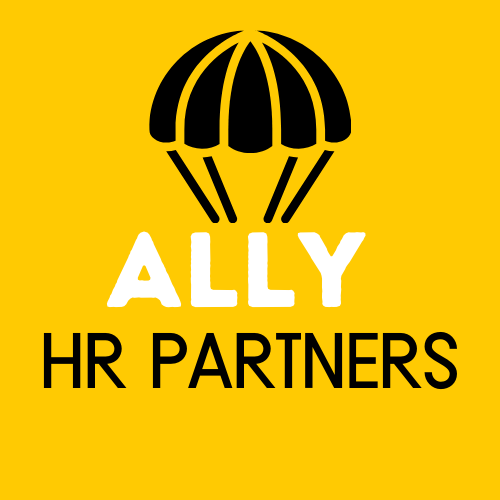Making Your Own Luck: Finding and Hiring the Right Person (the first time), like your Business Depends on it (spoiler alert, it does)
Luck is what happens when preparation meets opportunity.
After a recent “feel good” success story filling a new, key role for their growing operation, one of our clients was feeling pretty “lucky” about finding their first Client Success Manager. This candidate checks all the boxes: he’s got the skills and experience we were seeking to add to the business, but even more excitingly, he is a great culture-fit-addition to the team. But although this endeavor was leaving us feeling super fortunate about finding our guy, was it really sheer chance that landed us here? Heck no!
Luck isn’t some happy accident; it’s the result of doing the work to put yourself in a position to have an opportunity to present itself, and all the preparation you do to be ready to recognize, seize, and make the most of that opportunity when it does come knocking. I think it’s safe to say that all businesses understand, at least to some degree, the connection between having a thriving, successful business, and having great, successful people that directly contribute to making that success happen. It’s also no secret to any business owner the cost in time, productivity, and straight dollars a bad employee can have. There are a slew of statistics about the billions of dollars that are lost each year from disengaged staff nation-wide, or how replacing an employee on average costs twice as much as their annual salary. With all this being said, why is it that so many businesses, even unconsciously, rely on this idea of “luck” or chance in hiring?
Just like with marketing, operations, and other components of a business, there are clear actions that businesses can take to find and hire the best people possible to then have the best impact on their business. With a little help and a lot of discipline, our client put in the work to put themselves in the position to get lucky in finding their ideal hire, and lucky for you, we’re here to share some tips on how you can do the same.
1. Define/Remember why you’re hiring in the first place.
You cannot be successful if you first don’t understand what “success” is. Every decision you make in your business should align with your core mission and values, and that includes what positions you hire for and who you hire to fill them. Before you can answer these questions about what and who you need to be successful, you first need to do the work of clearly articulating what success even is for yourself. Start with your mission statement (why do you exist?), but then don’t forget to define what’s important to you in accomplishing that mission (your core values). Establishing these guiding principles and building blocks up front will create the foundation for all decisions moving forward- including standards you set for who you hire.
2. Determine what you’re looking for.
Once you have clearly defined success for your business, you can begin to list all of the most-important things that need to get done in order to get there, and identify the roles needed to complete these things- including the opening you need to fill. In this stage, you can begin to identify, shape, and define the responsibilities and expectations for each position. Even if you are just a small organization of a few people, this step is essential and can pay off big later in helping to avoid issues that often arise from redundancies in responsibilities or misunderstandings about expectations. This step will help you shape the profile of requirements for the position you are hiring for, based on what this carefully constructed position requires. This information coupled with your core values will leave you with an exact profile of exactly who you need to hire.
3. Maximize your odds of attracting the perfect match.
In a world of a million job postings and a talent shortage (especially quality talent), it’s not just about finding your perfect match, but helping them find you. Throwing a job description up on a generic job board that lists mundane tasks and duties of a position is certainly not going to excite anyone (if they even read it), nor is it going to set you a part from the pack. Take this as an opportunity to unapologetically advertise who you are, what you stand for, and what you expect (see steps 1 and 2 above) and increase your odds of attracting others who feel the same. At the same time, this honesty also filters out non-fit candidates at the source which will save you time having to parse them out later in the process.
4. Minimize your chances of selecting your next headache.
Even with the best job posting, non-fit imitator resumes are still going to make it through, so you need a next step in your plan to screen out these candidates to avoid a hiring mistake. This involves carefully developing questions whose answers will reveal whether each candidate is who you need and want based on all the work you’ve already done. These questions can be used in a phone screen, or a more extensive interview guide for the in-person stage. Our preference is situational questions that demonstrate past behavior and performance, because that’s the best predictor of the future (“Tell me about a time when..”). Make sure you not only determine what questions to ask, but also what good answers to these questions are, so you know what to measure against.
5. Trust the Process
Remember, don’t be apologetic and don’t be afraid to hold out for exactly what you want (and need!). Your success depends on it. You made the rules and created the tools, now follow them and use them. If you start to get frustrated or desperate, refer back to your mission, values, and position requirements for guidance and reassurance. I promise you that compromising in the short-term will come at the cost of a missed longer-term opportunity, and with many headaches in dealing with the permeating impact of a wrong-fit hire later.
Spending even just a little more time on your people efforts like hiring, even for one position, can make such a huge difference for your business. For your own peace of mind, but also for every co-worker, customer, project, that this person touches. Aside from that, better hiring can have direct financial impacts on your business in the form of lost productivity, turnover costs involved with rehiring, or even in avoiding feeling the need to hire a recruiter and pay a huge placement fee. Hiring is and never will be a science, but it’s far from a matter of luck. There is so much you can do to increase your odds of getting it right the first time.
So ask yourself, what can you be doing better to increase your odds of getting “lucky”?


